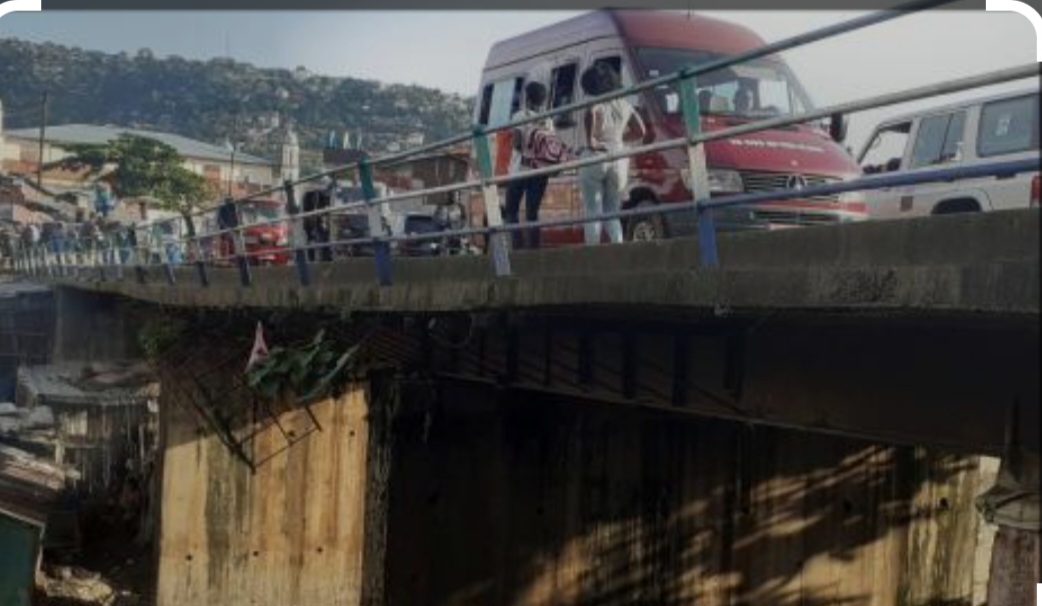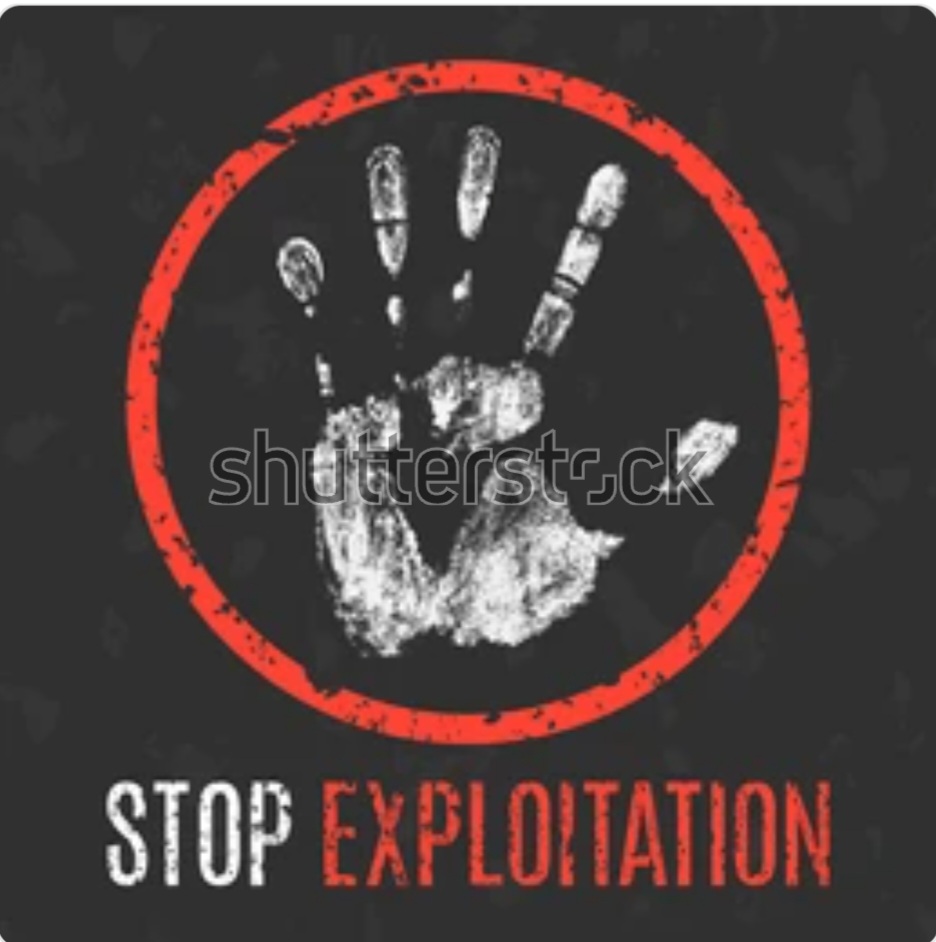By: Elizabeth A. Kaine
As we navigate the complex web of politics in Sierra Leone, it’s easy to overlook the significance of minority groups and small parties. However, their role in shaping our political system cannot be overstated. The voices of the marginalized, though often drowned out by the majority, hold immense power in driving meaningful change and promoting true democracy.
In a country where the two major parties have dominated the political scene for decades, it’s tempting to dismiss smaller parties and minority groups as inconsequential. But this would be a grave mistake. These entities bring unique perspectives, innovative ideas, and a passion for reform that can revitalize our political discourse.
Small parties, in particular, offer an alternative to the status quo, challenging the entrenched interests of the major parties. They provide a platform for fresh faces, new ideas, and unconventional solutions to our nation’s problems. By supporting small parties, we can inject much-needed oxygen into our political system, preventing the stagnation that comes with single-party dominance.
Moreover, minority groups – be they ethnic, religious, or socio-economic – possess a depth of understanding about the challenges facing our nation. Their experiences, though often overlooked, are invaluable in crafting policies that truly serve the needs of all Sierra Leoneans. By amplifying their voices, we can create a more inclusive and equitable society, where everyone has a stake in our collective progress.
However, it’s crucial to acknowledge the challenges facing small parties in Sierra Leone. Some have been criticized for lacking a clear ideology and consistency in their beliefs, leading to a perception that they are more focused on gaining power and influence than on advancing a specific political agenda.
Additionally, the phenomenon of small parties emerging only during election periods and disappearing afterwards is a challenge to the country’s political landscape. This can create a sense of unpredictability and undermine the stability of the political system.
The absence of small party representatives in parliament, despite having ministers in the government, can also limit their ability to effectively advocate for their constituents and hold the government accountable.
To address these challenges, it’s essential for small parties in Sierra Leone to:
1. Develop clear and consistent ideologies that guide their actions.
2. Build strong institutional structures that can sustain them beyond election periods.
3. Focus on building a loyal grassroots support base.
4. Engage in constructive opposition and hold the government accountable.
5. Collaborate with other parties and civil society organizations to advance common goals.
By doing so, small parties can increase their credibility, influence, and impact on Sierra Leone’s political landscape.





